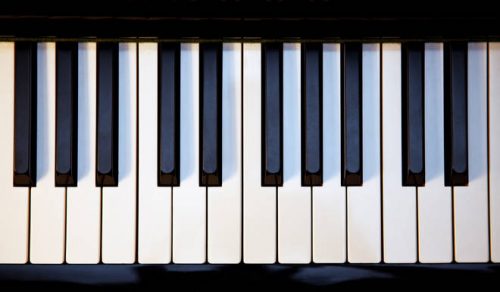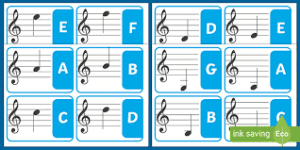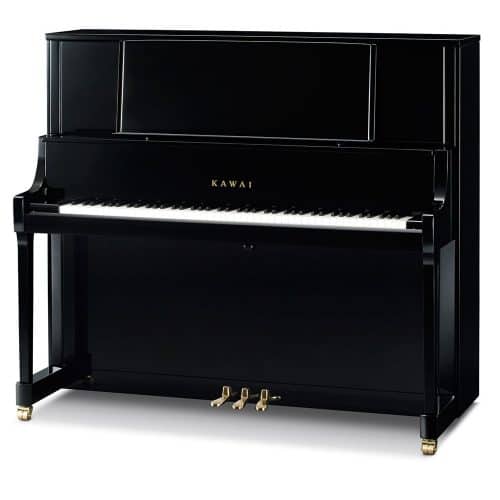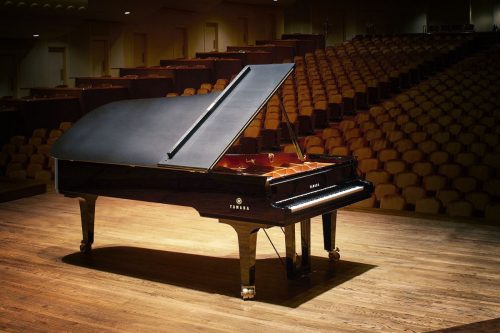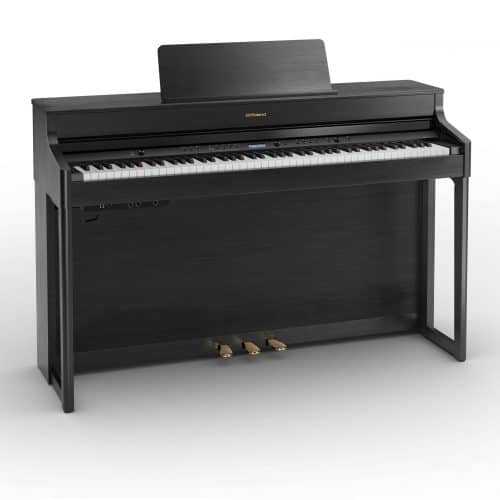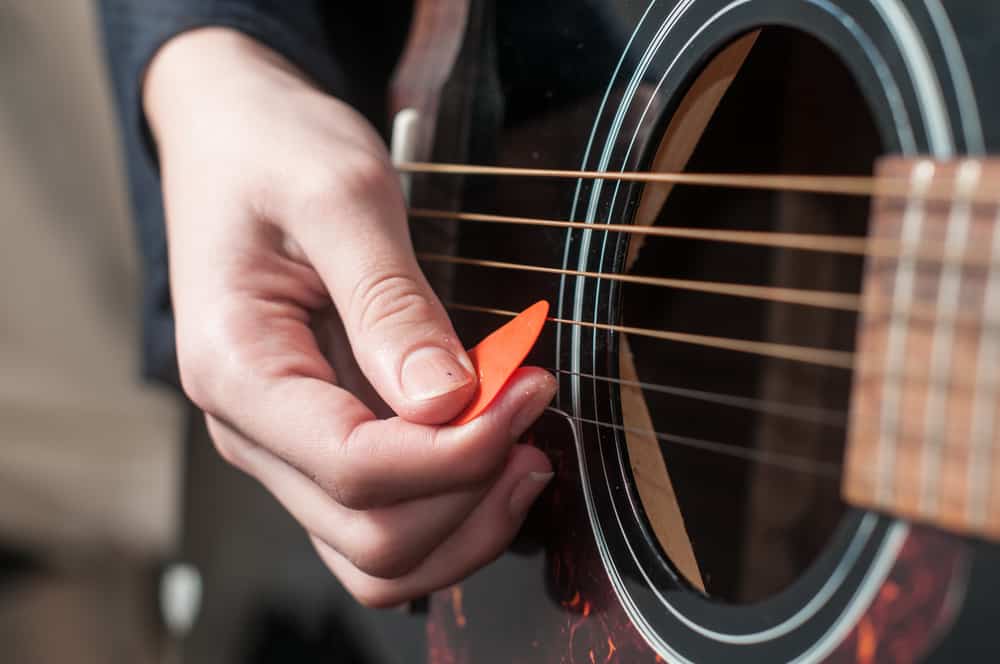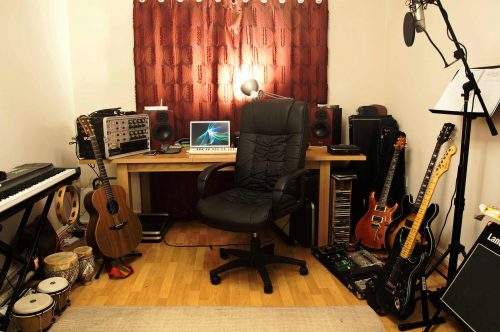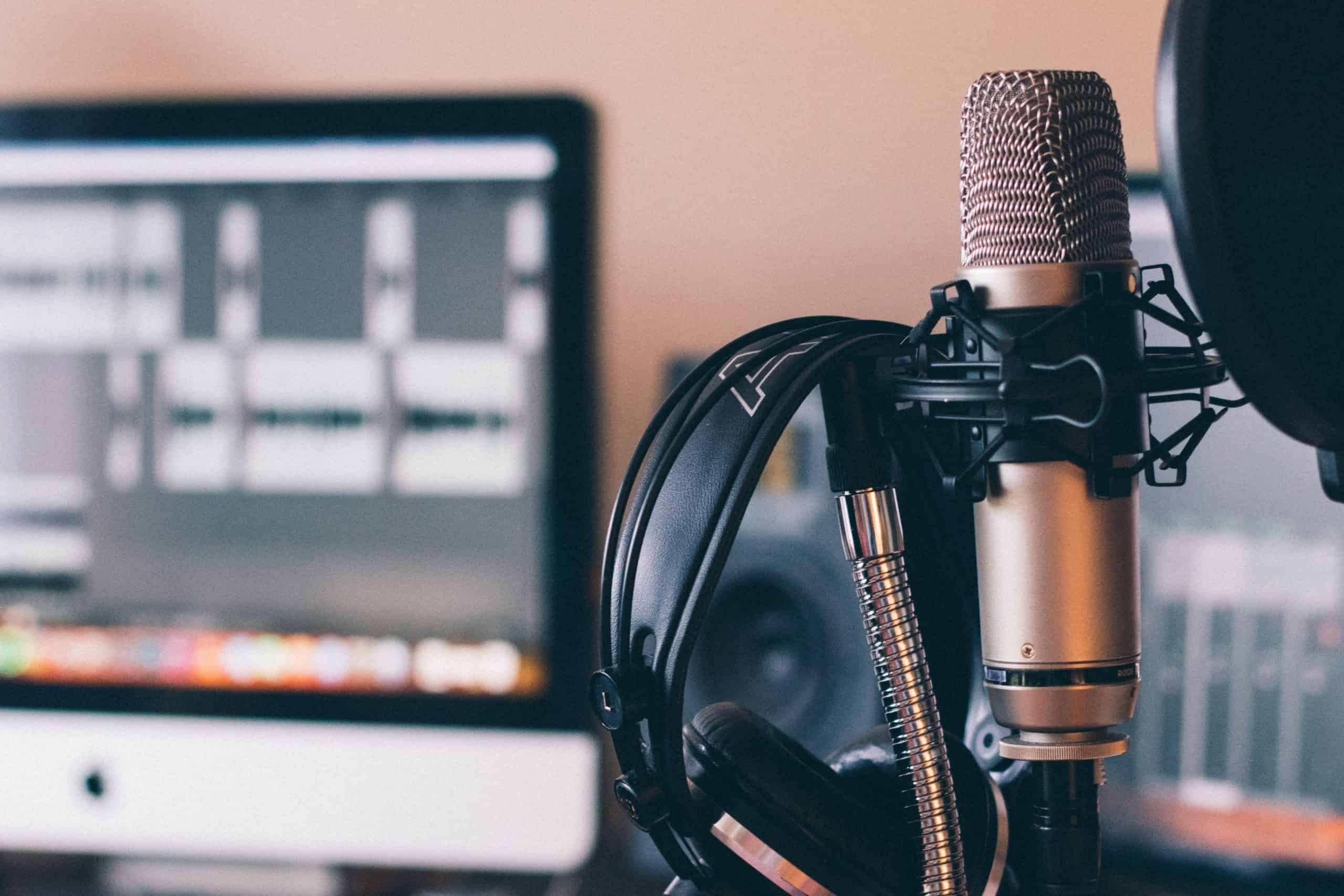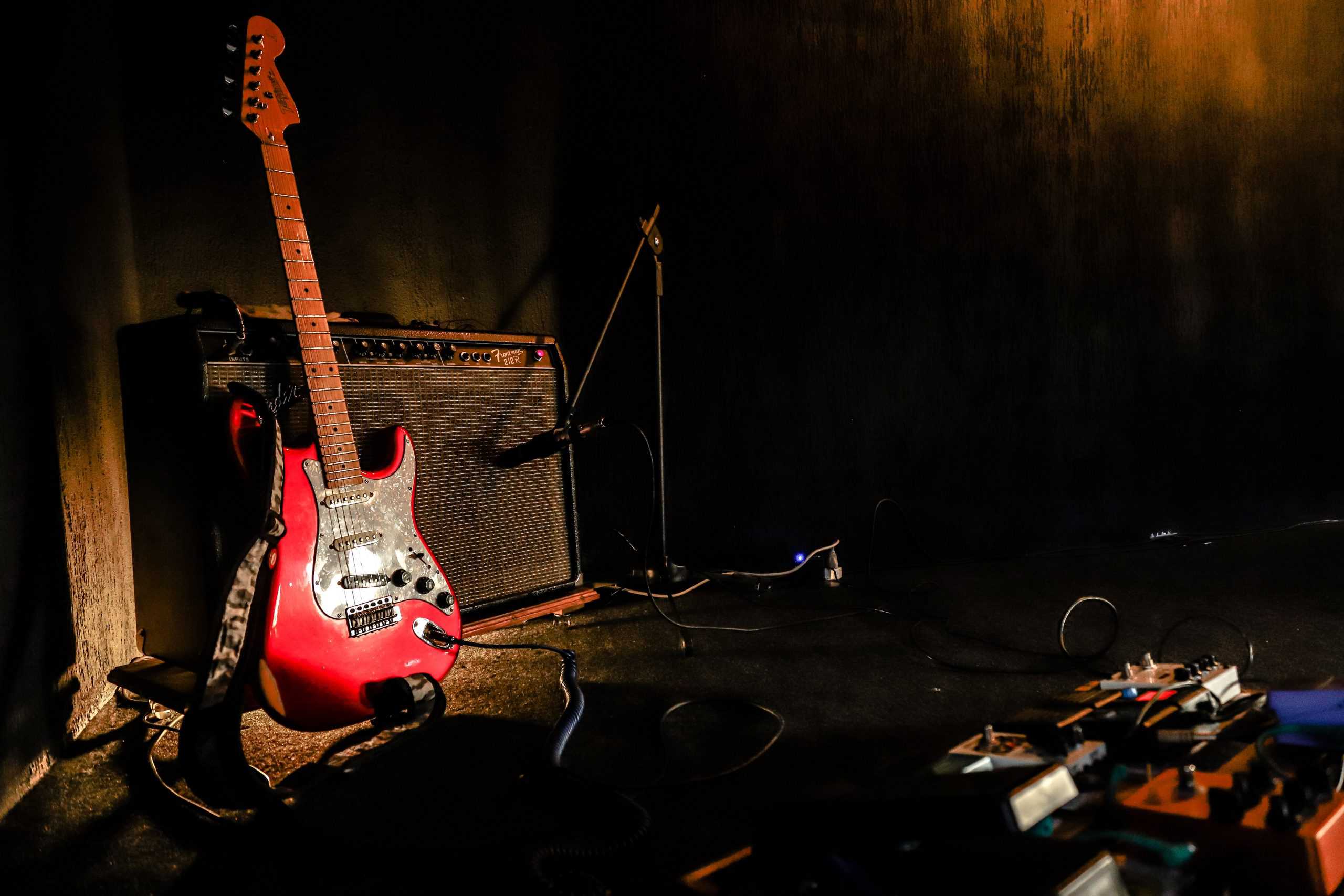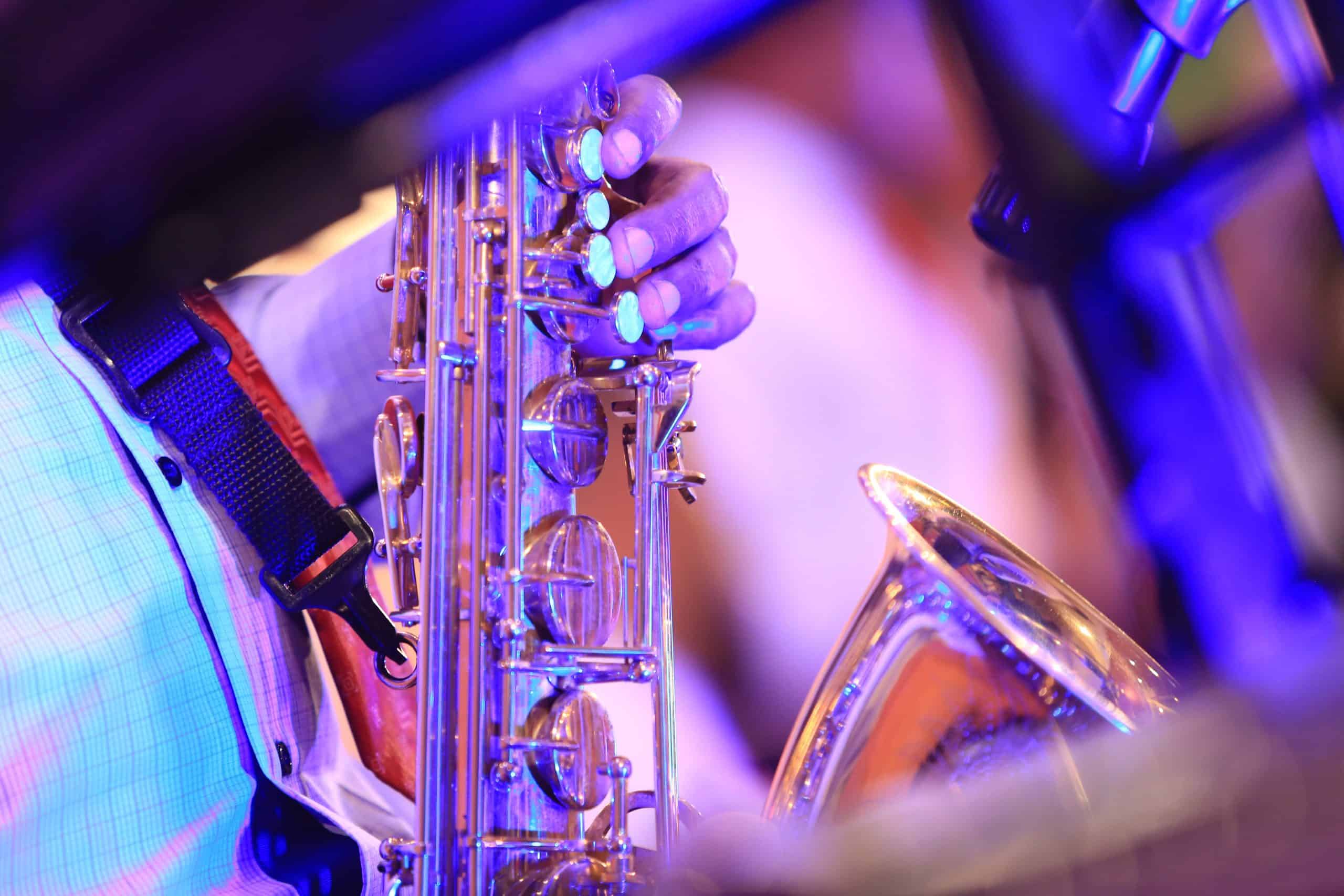Piano is one of the most common and popular instruments out there.
It is also extremely transferrable to almost all genres of music.
This is why there is an abundance of resources out there for beginners to learn and master this instrument.
From books, to videos, to online instructors — learning on your own doesn’t mean you’ll be going solo.
It’s going to take some time to familiarize yourself with the instrument, but if your heart is in the right place, it’s definitely an achievable goal.
Let’s start with 3 tips to ensure you start your musical journey on the right track.
Page Contents:
1. Learn Easy Songs
A good way to get the hang of any instrument is starting out with the basics.
Forget your favorite songs or mastering Mozart…. because Mary Had a Little Lamb is where it’s at.
As tempting as it is to start with the bigger pieces, beginning with the smaller ones helps you get more familiar with the placement of each key. Starting with easier songs is also a great opportunity to practice your posture and hand positioning.
There are countless practice books to choose from. Here are a few of the most popular:
- Alfred’s Basic Piano Course
- Hal Leonard’s series
- Bastien Piano for Adults
- Learn to Play Piano in Six Weeks or Less
- Damon Ferrante’s Piano Book for Adult Beginners.
You can also check out a local music store; they are bound to have a selection and they just might have some advice on what works best for beginners. If not, you can always try Amazon.
All of the above are available for purchase online.
2. Hire an Instructor
Practice is necessary, but sometimes it’s hard to pinpoint what areas you can improve on and how to fix your individual struggles. An instructor is an outside eye with experience who can set the pace and notice things you might not have. They have good judgment when it comes to setting realistic goals and will keep your eyes on the basics (when all you’re thinking about is the long list of songs you want to learn immediately).
A quick Google search like piano instructor near me can be an easy way to find reputable piano teachers.
3. Practice Smart
Spend ample time learning your way around a keyboard. Firstly, find middle C and middle F. Think of these two keys as your foundation: these keys help you keep track of the rest of the keyboard. Without knowing where middle C and middle F are… playing the piano becomes much harder than it has to be.
Secondly, have goals and follow through with them. Whether it be on your own or with an instructor, hold yourself accountable for the progress you want to make. Make practicing a daily habit.
There will be moments where you want to procrastinate, but keep persevering.
What Kind of Instrument is a Piano?
The piano can be classified as either a string instrument or a percussion instrument, depending on who you ask. While the piano primarily uses strings, they are also struck with mallets in order to make sound.
How Hard is it to Teach Yourself Piano?
Teaching yourself piano will take a lot of time, particularly as an adult (but that’s true of learning anything.)
Just know that with continual practice and perseverance, it’s possible to master this instrument as an adult.
Luckily, in this day and age, there are so many resources to help you out. All you need to get started is a cheap keyboard.
One of the biggest hurdles is learning to read sheet music. To help you out, consider making flashcards with each of the note names on one side and the note placement on the other.
Pick them up when you have a few minutes during the day and keep at it.
What Are The 3 Types of Pianos?
There are 3 types of pianos to be aware of: upright pianos, grand pianos, and digital pianos. Each type has its own set of features based on what a specific pianist is looking for.
1. Upright pianos
These pianos have a vertical soundboard and strings. These are smaller than the soundboards of other pianos, giving them a slightly different feel. Upright pianos can cost anywhere between $6,000-$18,000.
2. Grand pianos
Grand pianos have horizontal soundboards, which means the strings are also parallel to the ground. Since the hammers inside the piano are reset by gravity, this allows a pianist to play faster and with more control. These are also the most expensive pianos, going as high as $60,000.
3. Digital pianos
These pianos are unique in that they don’t have strings or soundboards. Rather, hitting a key activates a sensor that plays a recording of the piano note. Digital pianos offer more creativity than other pianos: many of them have options that play sounds from other instruments. T
hey are also cheap compared to traditional pianos, only costing as high as $7,000.
Which Piano Is Best for Beginners?
If you’re an aspiring pianist, it’s recommended that you start with an upright piano. This is because these pianos use real strings and wood, creating an authentic piano-playing experience.
If an upright piano is out of your budget, digital pianos are a viable substitute. The keys are usually weighted, giving them proper resistance when pressed.
How Much Do Pianos Cost?
Pianos are expensive compared to most instruments, and each type of piano is more expensive than the last.
Digital pianos are the cheapest, starting at around $500 and averaging around $2,000. The most expensive digital pianos cost around $7,000.
Upright pianos are more expensive, costing $6,000 at minimum. This is due to having soundboards made with authentic material, as opposed to the all-digital setup of digital keyboards.
Grand pianos are the most expensive: the cheapest grand piano still costs $20,000. Their high price is because they are built with the highest-quality materials available, including spruce wood and genuine hard rock maple.

